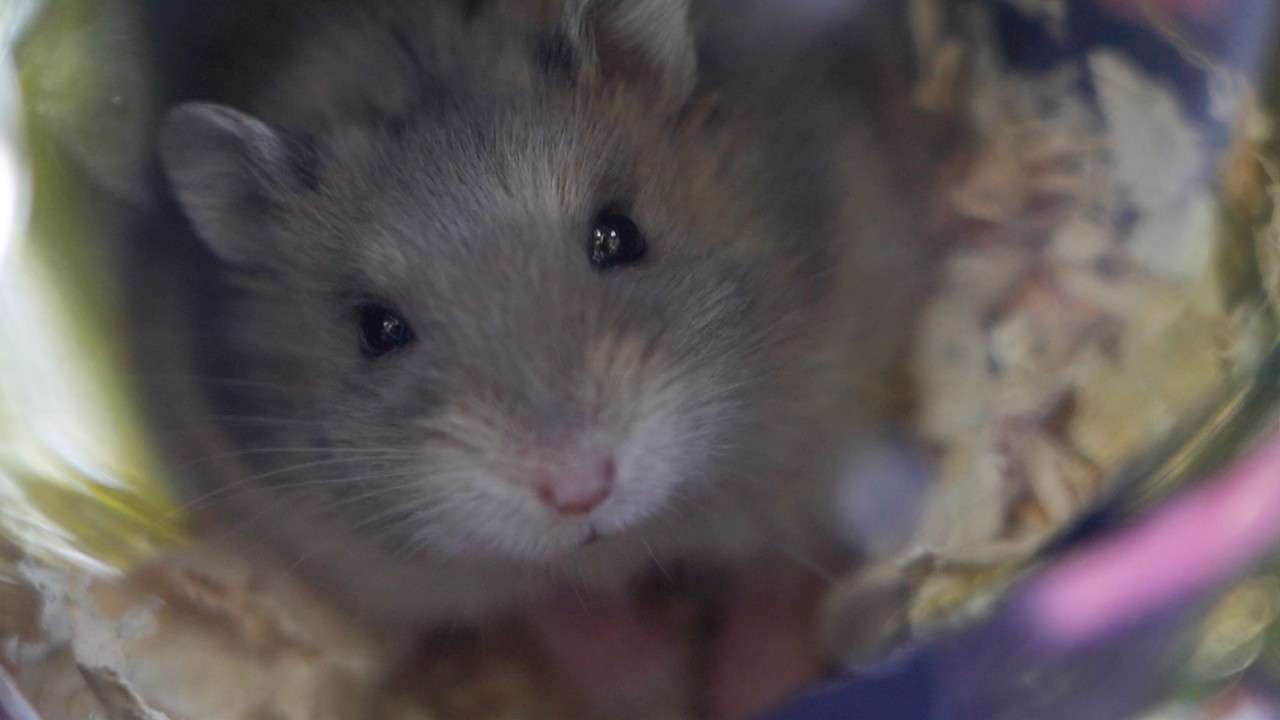
Letters | Hong Kong’s hamster cull: how can the government say it had ‘no choice’?
- A more considered approach is needed to protect animal rights and prevent feeding public fear, which may lead to panicked pet dumping
- The decisiveness shown in this instance, however, could be useful in tackling the illegal wildlife trade, reducing stocking densities in pet warehouses and improving slaughterhouse conditions
I don’t think the AFCD was left with no choice. But the small animals which were culled, surrendered or abandoned were.
In Denmark, the culling of minks, among which there were rare cases of human-to-animal-to-human transmission of Covid-19, later proved to be without legal basis. The prime minister said the oversight happened because it was a busy time, and the agriculture minister resigned.
In Hong Kong, the Prevention and Control of Disease Ordinance gives the government sweeping regulatory powers to destroy animals. I would urge the government to take a balanced and evidence-based approach when exercising this statutory power and not to act on a suspicious or theoretical possibility of animal-human transmission.
I strongly encourage people not to abandon their pets out of panic. They are a part of our family too.
The government has shown that it can take decisive action at short notice in working closely with the AFCD and Food and Environmental Hygiene Department. There are other pressing issues in Hong Kong which require immediate action.
Huan Huan Wong, Central


